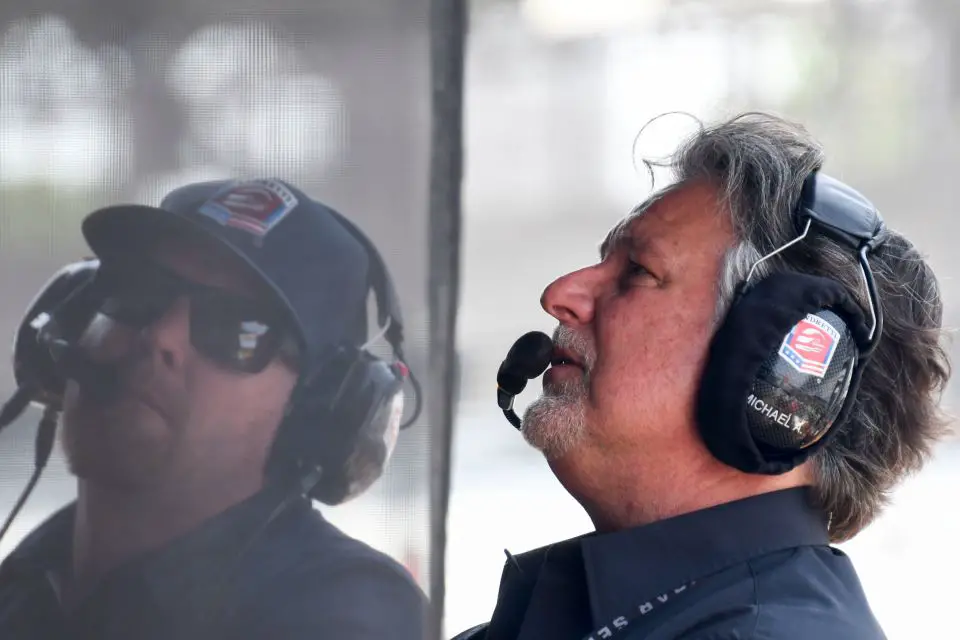FIA President Unveils Ambitious Expansion Plans for Formula One: More Teams, More Global Reach
In a recent announcement, FIA President Mohammed Ben Sulayem revealed significant expansion plans for Formula One, targeting the addition of more teams, particularly constructors from China and the USA. This move, while welcomed by some, has raised concerns among existing teams about financial and infrastructural implications.
Key Takeaways:
- Expansion Ambitions: FIA President Mohammed Ben Sulayem expressed a strong desire to add more teams to Formula 1, focusing on bringing in constructors from China and the USA. This is part of his vision to globalize the sport further.
- Current Team Reservations: Existing Formula 1 teams and Liberty Media, the sport’s owner, are hesitant about this expansion. Their concerns center around sharing prize money with new teams and facing additional infrastructural challenges.
- Focus on Manufacturer Teams: Ben Sulayem emphasized the importance of having manufacturer teams in Formula 1 due to their stability compared to private teams. He highlighted the upcoming inclusion of six power unit manufacturers by 2026, improving technology and reducing reliance on traditional power sources.


In a bold move to globalize Formula One, FIA President Mohammed Ben Sulayem announced plans to add more teams to the grid, particularly eyeing constructors from China and the USA. This plan aligns with his vision of making the sport more globally representative and diverse.
The current Formula 1 rules allow for up to 12 teams, with 10 already participating. The recent addition of American team Andretti Cadillac, a collaboration between Andretti Autosport and General Motors, marks the 11th spot. The team has already registered as an engine supplier and is set to begin supplying F1 engines by 2028.
Ben Sulayem’s ambitious plans, however, are met with skepticism from existing stakeholders. Liberty Media and the ten current team principals have expressed concerns over the distribution of prize money and the infrastructural challenges that additional teams might bring. Despite this, the FIA President remains steadfast in his mission, underlining the need for a balance between quality and quantity in the sport.
The focus on manufacturer teams is a critical aspect of Ben Sulayem’s strategy. He argues that manufacturer teams bring stability, technological innovation, and a commitment to the sport that private teams may lack. This is evident from his statement to Motorsport Magazin, where he envisioned a full US team with one driver and a full China team with one driver as part of his global dream for Formula One. He emphasized the significance of power unit manufacturers, predicting an increase to six by 2026, which would offer private teams better options and reduce manipulation by dominant manufacturers in the Formula 1 commission.
Ben Sulayem’s plans are not just about expansion but also about revolutionizing the sport’s technology. He noted that the power unit isn’t solely about the engine but encompasses other elements like sustainable fuels and improved aerodynamics. The FIA President is aiming for an 80 percent improvement in this area, highlighting the commitment to innovation and sustainability in Formula One’s future.
Overall, these developments mark a significant moment in Formula One’s history, with potential impacts on the sport’s competitive landscape, technological advancements, and global appeal. As the world of Formula 1 braces for these changes, the debate continues over the balance between tradition and innovation, quality and quantity, in this high-speed, high-stakes sport.




